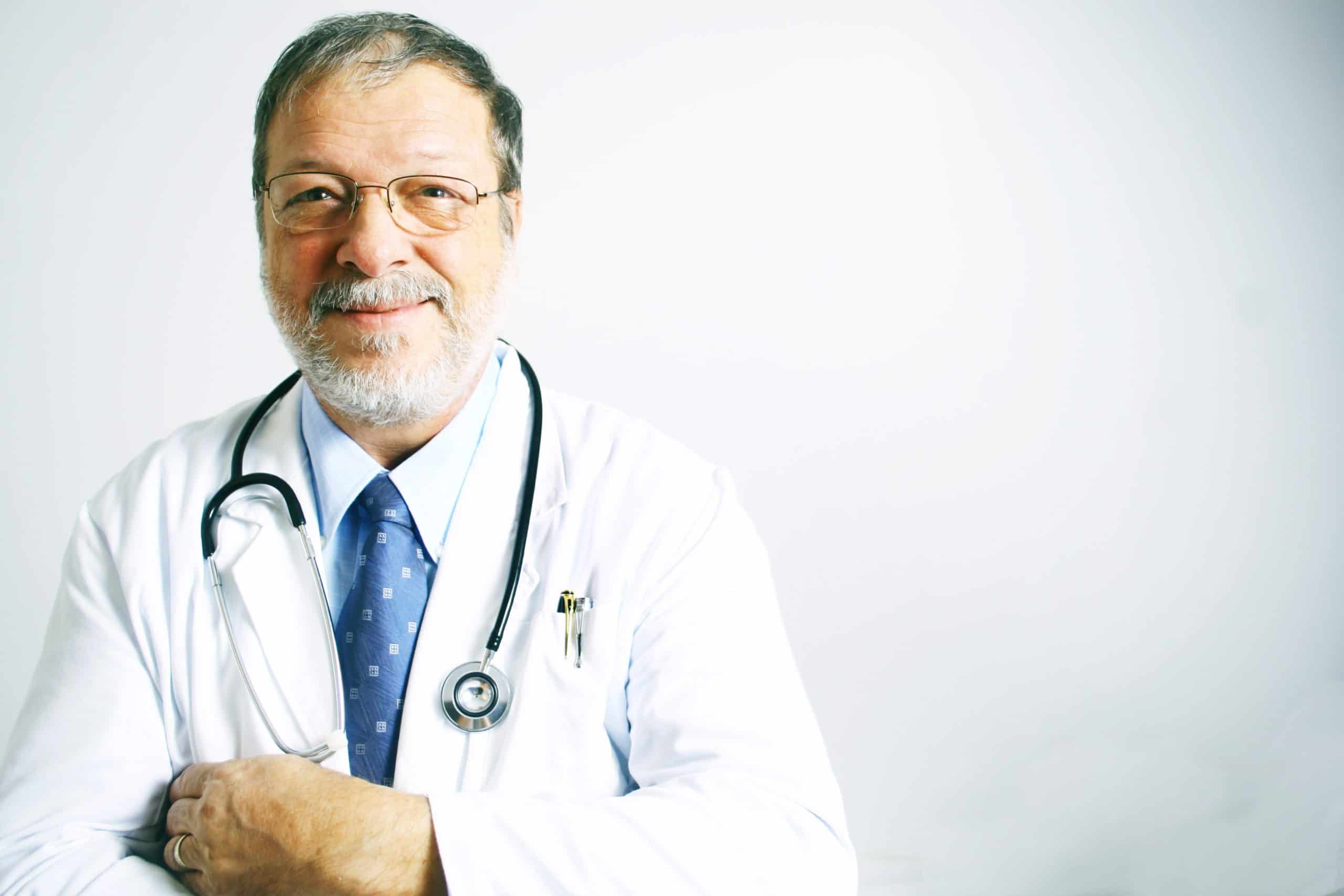Burnout is a real and serious issue in the medical field, especially with doctors in solo or independent practices. The pace and stresses of today’s medical delivery system, coupled with the pressures of running a business, are frequent causes of physician frustration. Doctors lament that getting back to the basics of patient care is extremely difficult in a regulatory-laden environment where reimbursement takes as much effort as providing care.
Interestingly, telehealth is one of the remedies for a frantic physician schedule. Whether the practice is trying to help a busy orthopedic surgeon from burning out or if it’s a retiring doctor looking for supplemental tasks and income, telehealth can provide an unexpected and welcome way to take care of these providers by meeting their specific needs, wants, and priorities.
Reinventing the Profession at the End of Your Career
N EJM Catalyst released an article earlier this year with the story of an emergency room physician that recently took on a telemedicine fellowship. What was unusual is that his fellowship took place later in life – 36-years after he completed his training as an internal medicine doctor. Dr. Daniel Halpren-Ruder’s goal was a reinvention of sorts; after researching the latest trends in healthcare, he decided to freshen his skills by learning telehealth. Ultimately, he plans on providing the service into his 70s.
EJM Catalyst released an article earlier this year with the story of an emergency room physician that recently took on a telemedicine fellowship. What was unusual is that his fellowship took place later in life – 36-years after he completed his training as an internal medicine doctor. Dr. Daniel Halpren-Ruder’s goal was a reinvention of sorts; after researching the latest trends in healthcare, he decided to freshen his skills by learning telehealth. Ultimately, he plans on providing the service into his 70s.
Dr. Halpren-Ruder is currently serving in the Department of Emergency Medicine at Thomas Jefferson University Hospital in Philadelphia. In the article, he wrote that, by 2015, he recognized that under the current American healthcare model, doctors rarely have control over their time. This is especially true in the reactive field of urgent care and emergency medicine. Two years later, Dr. Hapren-Ruder completed a fellowship in telehealth.
Hapren-Ruder had a very specific reason behind the switch; he saw a telestroke application at work in the ER and recognized the tremendous value the technology brought to the field. The doctor said he witnessed telemedicine applications removing roadblocks and preventing inpatient admissions by speeding up the transfer of documentation during a patient encounter in the ER. He wrote, “I saw the potential for this to evolve into a new clinical tool capable, via algorithms, to provide diagnostic insights.”
Dr. Hapren-Ruder was inspired enough to apply and was accepted into the telemedicine residency program. He faced the hurdle of being the oldest faculty member and a neophyte technologist. What he found was a confirmation that telehealth is both geared for the practice of the future and a new model for clinicians struggling with their own quality of life issues. The doctor reported:
Telehealth speaks strongly to value – the holy grail of healthcare reform – by presenting the opportunity to reduce cost and improve communication.
Lessons from a Telehealth Residency
The bravery and foresight exhibited by Dr. Hapren-Ruder in his late-career fellowship is unusual in the field. Many physicians are reluctant technologists at best, but most especially older clinicians who can remember a time when our digital connectivity wasn’t so important.
But this approach gave Dr. Hapren-Ruder the needed skills to continue his career into retirement age while keeping him abreast of the latest tools that his patients demand. He writes that he still enjoys the practice of medicine and telehealth will allow him to continue his practice while facilitating technology adaptations that will cut costs and improve patient outcomes. Dr. Hapren-Ruder wrote about his journey in this way:
This late-career fellowship was really about professional sustainability. It gave me the opportunity to develop skills that are consistent with continued, scalable, and productive professional work. I found what I needed: a piece of the future, a new horizon that offers me purpose and flexibility. Telehealth will allow me to stay thoroughly engaged in medicine without the minute-to-minute productivity of emergency medicine that requires energy I could not count on for the future.
But what about the physicians interested in adopting telehealth without giving up their current practice for a residency? OrthoLive offers an alternative in these scenarios that benefit the small practice, patients, and the clinicians who serve them.
OrthoLive as a Retirement Investment
OrthoLive, Inc was founded in 2016 with a specific vision to bring an orthopedic-specific synchronous and asynchronous video-conferencing platform that is simple, secure, and HIPAA compliant. We believed then – and do now – that telemedicine technology could ultimately be the future for patient-centered medicine, especially in the area of post-op orthopedic patients.
Over the past year and a half, OrthoLive, Inc. introduced orthopedic-specific telehealth in nearly all 50-states. Our application benefits:
- Employers seeking telehealth as an outsourced workers’ compensation tool.
- Rural health clinics interested in extending their service footprint.
- Independent orthopedic practices seeking smarter ways to provide post-operative exams.
- Physical therapy practices that want to offer more convenient care to patients with mobility issues.
- Rural hospitals trying to extend specialist on-call coverage and reduce the burden on on-staff clinical providers.
The benefits to patients are just as impressive. There is documented proof showing improved patient satisfaction scores, not to mention the convenience of having a virtual house call can cut the time and money spent traveling to a traditional on-site visit. CNBC says the average wait time to see a doctor is 24-days, and that number is expected to worsen. Telehealth can improve these numbers by bringing needed care to patients faster.
Telehealth serves all of these providers and their patients, extending treatment in a quicker, more cost-effective patient encounter. It couldn’t come at a better time; with provider shortages looming, telehealth can extend care in new ways, including allowing physicians near requirement to continue their practice into their senior years. Instead of wasting valuable skills, these clinicians can continue to provide care, keep their skills sharp, and improve their income, all on their own clinical schedule with no staff overhead.
For the orthopedic physician ready to pull back from a grueling weekly operating schedule, OrthoLive offers a way to continue to make life beneficial for patients while staying engaged in the medical field.
Please feel free to learn more about this opportunity. We would be happy to discuss this with you. Contact us for a no-obligation demo of OrthoLive.



